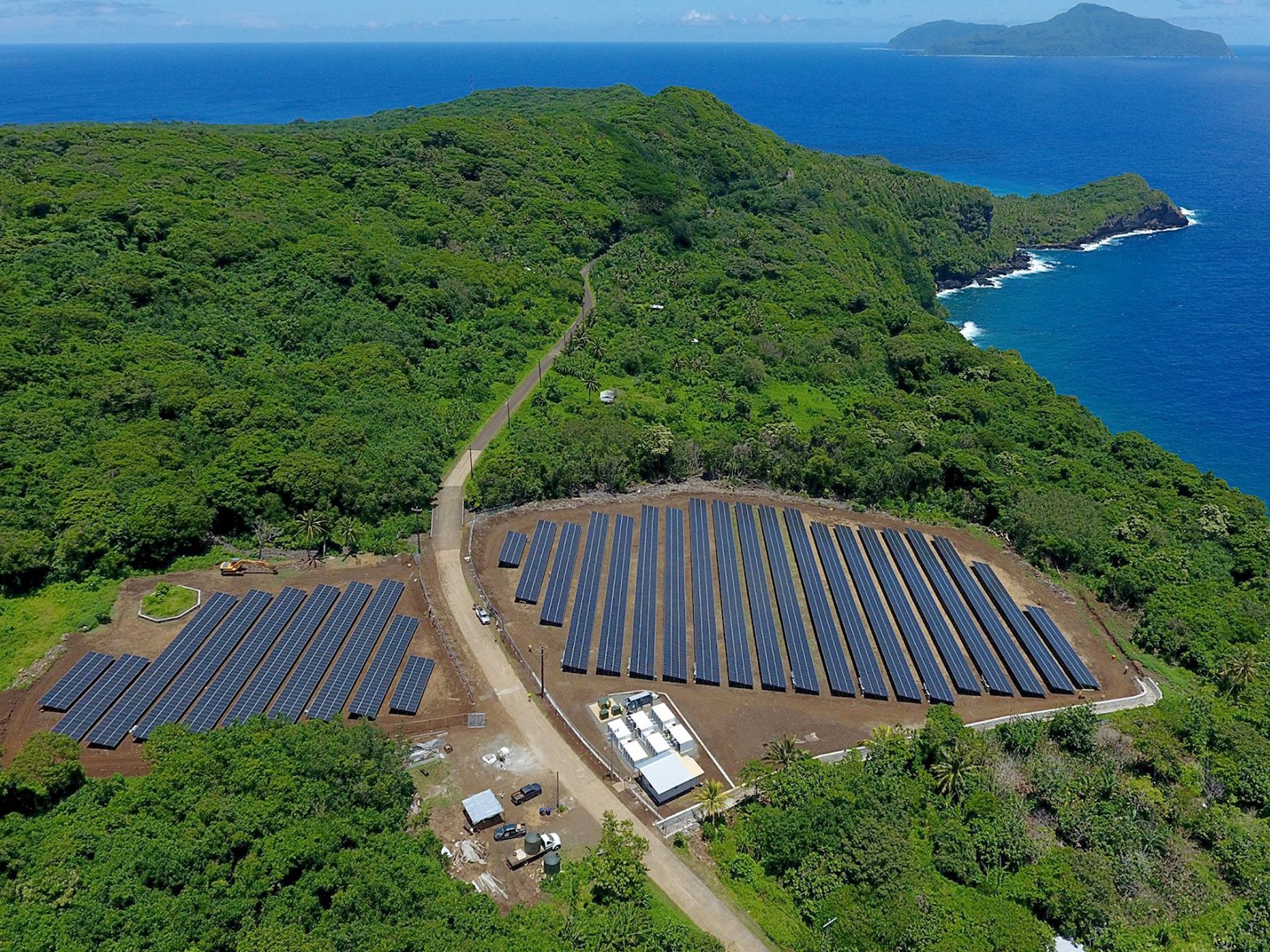Solar power becoming world's cheapest form of electricity production, analysts say
‘Renewable energy will beat any other technology in most of the world without subsidies’

Solar power is becoming the cheapest way to generate electricity, according to leading analysts.
Data produced by Bloomberg New Energy Finance (BNEF) showed the cost of solar in 58 lower-income countries – including China, Brazil and India – had fallen to about a third of levels in 2010 and was now slightly cheaper than wind energy.
In August, an auction to supply electricity in Chile achieved the record low price of $29.10 (£23.30) per megawatt-hour – a record low price and about half the price of a coal competitor.

BNEF chairman Michael Liebreich said in a note to clients: “Renewables are robustly entering the era of undercutting [fossil fuel prices].”
Renewable energy is cheap in developing countries that are looking to add more electricity to their national grids.
“Renewable energy will beat any other technology in most of the world without subsidies,” Mr Liebreich said.
However, in rich nations where new renewable energy generators must compete with existing fossil fuel power stations the cost of carbon-free electricity can be higher.
The dramatic plunge in price had partly been produced by the economies of scale, with China in particular adding a vast amount of new solar capacity.
Ethan Zindler, head of US policy analysis at BNEF, said: “Solar investment has gone from nothing – literally nothing – like five years ago to quite a lot.
“A huge part of this story is China, which has been rapidly deploying solar.”
Beijing has also been helping other countries to pay for solar projects.
A BNEF report, called Climatescope, found China, Chile, Brazil, Uruguay, South Africa, and India were the emerging markets most likely to attract investors in low-carbon energy projects.
Solar power has proved a godsend for remote islands such as Ta’u, part of America Samoa, in the South Pacific.
Once reliant on imports of vast amounts of diesel, it is now powered completely by 5,000 solar panels and 60 Tesla batteries.
Join our commenting forum
Join thought-provoking conversations, follow other Independent readers and see their replies
Comments
Bookmark popover
Removed from bookmarks